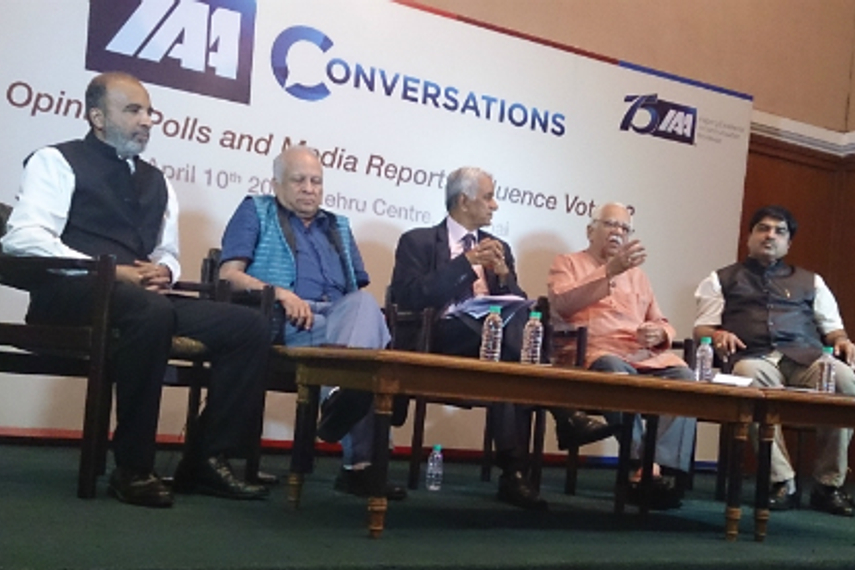
Please sign in or register
Existing users sign in here
Having trouble signing in?
Contact Customer Support at
[email protected]
or call+91 022 69047500
The panel was divided on the topic of opinion polls influencing voters, but near-unanimous in questioning of their robustness

Contact Customer Support at
[email protected]
or call+91 022 69047500
Top news, insights and analysis every weekday
Sign up for Campaign Bulletins
The latest ad films and campaigns from brands like Pepsi, Relaxo Footwears, Battlegrounds Mobile India (BGMI), TATA AIG, and more, in our weekly roundup.
Our weekly roundup of the latest appointments and account wins news from Sungrow Europe, The Advertising Club, Whoppl, and many more.
Following WPP’s strong showing at Spikes Asia 2025, its global CCO gets candid on charging for creative, pushing back against mediocrity, and making curiosity a non-negotiable—for work and for life.
As IPL ad spends soar, marketers face a hard truth—visibility alone doesn’t cut it. It's time to optimise for attention, not airtime.